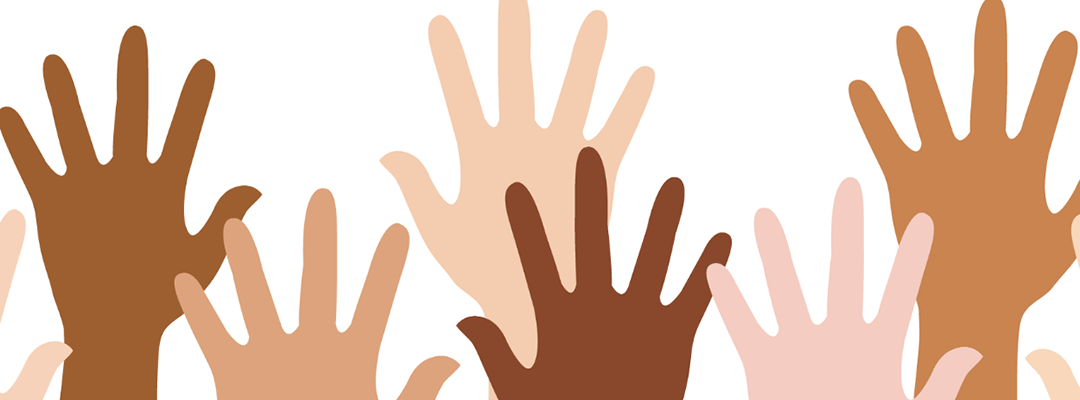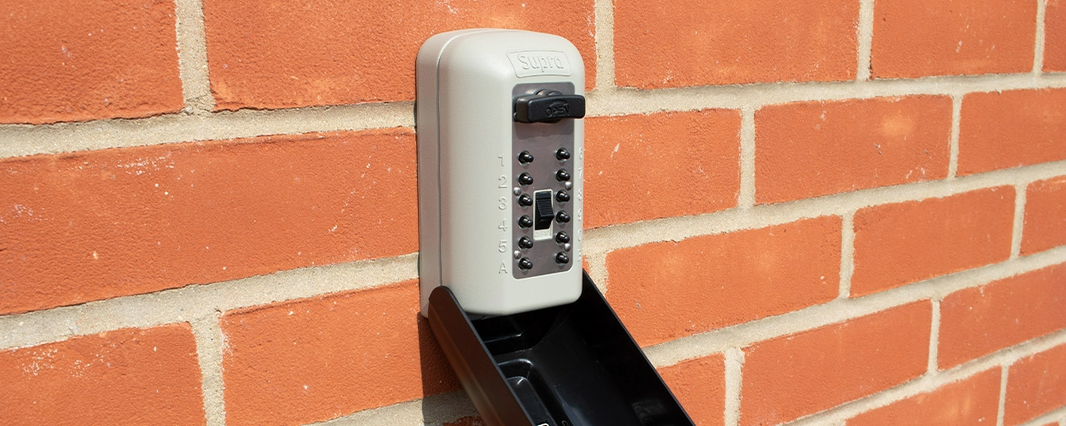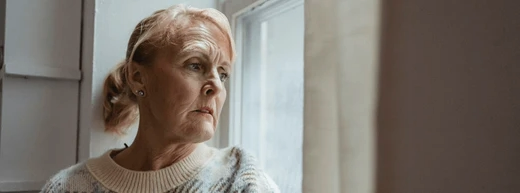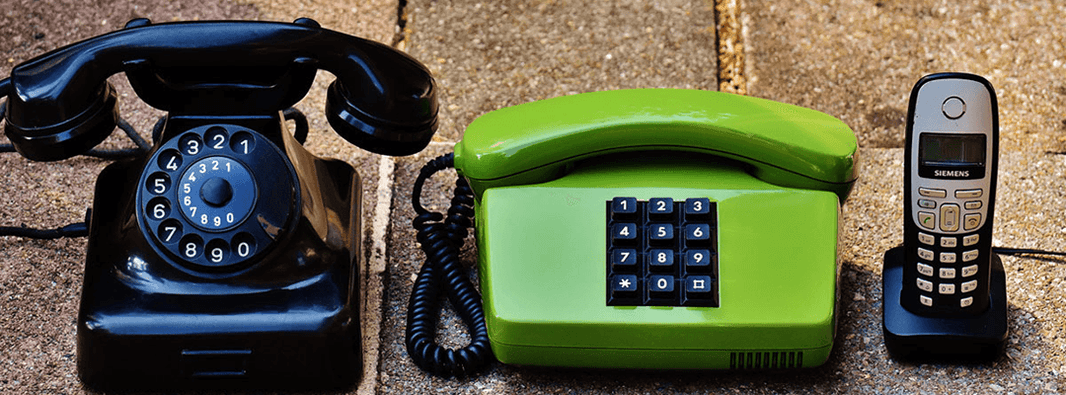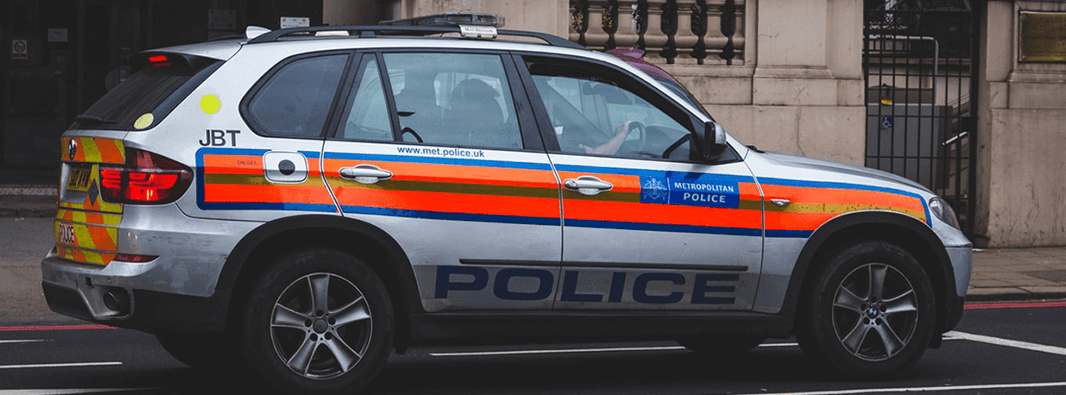Across the UK, people from ethnic minority backgrounds are dying of coronavirus at a disproportionate rate. Studies show that black, Asian, and minority ethinic (BAME) people are between 1.5 and 1.9 times more likely to die of COVID-19 than white people. This data is incredibly concerning, and studies into the reasons behind it are ongoing. We already know that all older people are more vulnerable to coronavirus, but BAME elderly people may feel particularly vulnerable at this time. Today, we’re breaking down the studies and explaining what this may mean for BAME elderly people and their loved ones.
What Do The Studies Say?
In theory, death rates among BAME communities should be lower than those of white people. This is because ethnic minority groups are much younger on average than white people in the UK. In reality, around 14% of the UK population is BAME, according to the 2011 census. However, reports indicate that BAME people represent at least 15.5% of UK coronavirus deaths. Furthermore, 73.5% of those deaths are people aged 65 and over. This disparity grows when the average age for BAME communities is factored in.
Often, studies are confusing and difficult to process, so below are a the key features of the reports. The problem really amplifies as we look at the statistics in differing locations. London’s population, for example, is 40% BAME people. Taking a variety of external factors into account, the report still shows that BAME risks for the elderly are higher both for infection rate and mortality.
Key Coronavirus Statistics:
- Black people are 1.9 times as likely to die as white people
- Bangladeshis and Pakistanis are 1.8 times as likely to die
- Indians are around 1.5 times as likely
- BAME communities accounted for 11% of hospital admissions due to COVID-19 but 36% of those admitted into critical care
Why Are BAME People More at Risk?
While studies continue, we can only speculate. Experts point out that several ethnic minority groups are more likely than white people to have conditions such as diabetes, which make you more vulnerable to COVID-19.
Additionally, black people are more likely to be overweight than their white counterparts. Both Asian and black populations have a higher risk of heart disease and diabetes. These factors can all contribute to higher coronavirus deaths.
Deprivation and socio-economic circumstances seem to play a part too. The death rate for the poorest communities is twice as high compared to the wealthiest. Similarly, only 2% of white British households are classed as overcrowded, compared with 33% of Bangladeshi households and 15% of black households. This can naturally cause some significant issues when it comes to self-isolation and quarantine.
Jobs also seem to have an impact on the disparity. BAME individuals make up a large portion of the essential workforce, who often hold public-facing roles. This day-to-day contact can put these workers at a higher risk of infection. For example, ethnic minorities represent 20% of the NHS workforce and this proportion grows considerably when looking at the doctors and nurses.

Societal racism also seems to play a role. Individuals who have previously endured discrimination in healthcare (which also affects BAME people disproportionately), are less likely to seek medical help. In addition, experiences of racism might make BAME people working in the NHS are less likely to voice concerns about inadequate PPE.
Criticism of the Government
In a controversial move, the UK government delayed the release of a report investigating the effects of COVID-19 on BAME people. They cited increasing racial tensions following the murder of George Floyd in the USA as their reasoning, though this attracted much criticism. Public Health England then published a seven-point plan on how to protect BAME people from coronavirus more effectively.
How Can BAME Elderly People Stay Safe?
BAME elderly people should make sure they are strictly following government guidelines including those living within the same households. Additionally, you should try to be as healthy as possible by eating well and exercising where you can. If you or someone you know feels unwell then seek medical advice, and talk to employers about any concerns surrounding PPE or Coronavirus protections in the workplace.
Everybody, regardless of ethnicity, should be washing their hands frequently and thoroughly with soap and water. We should also be wearing face masks or coverings in public spaces and maintaining a social distance of 2 metres wherever possible.
Helping Our Customers Through the Pandemic
Careline365’s service has not been interrupted or affected by the COVID-19 pandemic. Our team has been working tirelessly to protect every one of our customers 24/7, 365 days a year. If you think you or someone you know could benefit from a Careline alarm, or you have any questions about the service, call our friendly Customer Service Team on 0808 304 5083. You can also get in touch online.


